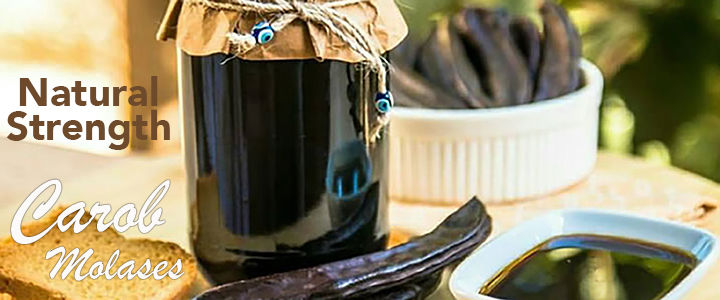English
You have no items in your shopping cart.
Halva & Nougat
TORKU Plain Halva 350g
Halva refers to various local confection recipes. The name is used for referring to a huge variety of confections, with the most geographically common variety based on toasted semolina.
$5.99
UGURLU Cikopis Cikolatali Fistikli Pismaniye 200g
Pişmaniye (Turkish) or floss halva is a traditional sweet, prepared in Kocaeli, Turkey, made by flossing thin strands of halva into a light confection. Made primarily of wheat flour and sugar, the strands are continuously wrapped into a ball shape and then compressed. The result is a halva with a light consistency, similar to cotton candy. Floss halva can be found in regular and pistachio flavors, and there are brands with halal or kosher certifications. A similar pistachio-based version of floss halva is popular in North India. It tends to be slightly denser and is often referred to as patisa or sohan papdi. In Chinese cuisine, a floss-like candy similar to pismaniye or pashmak halva, known as dragon beard candy, is eaten as a snack or dessert.
$6.99
ZOLOTI VEK Sunflower Halva w/Walnut 550g
Sunflower halva is popular in the countries of the former Soviet Union, but also in Bulgaria, Romania, Serbia, and other Balkan countries. It is made of roasted ground sunflower seeds instead of sesame. It may include other ingredients, such as nuts, cocoa powder, or vanilla.
$6.99
ZOLOTI VEK Sunflower Marble Halva ''Fantasy'' 550g
ZOLOTI VEK Sunflower Marble Halva ''Fantasy'' 550g
$6.99
VG Sunflower Tahina Halva 420g
Made from ground baked sunflower seeds, halva is any of various dense, sweet confections served throughout the Middle East, Europe and Asia. In popular usage it means "desserts" or "sweet". Ingredients: ground bakes sunflower seeds, sugar, water, citric acid (E330), chenopodium bonus - henricus L, vanilla. Product of Bulgaria
$7.99
.gif)












































.jpeg)